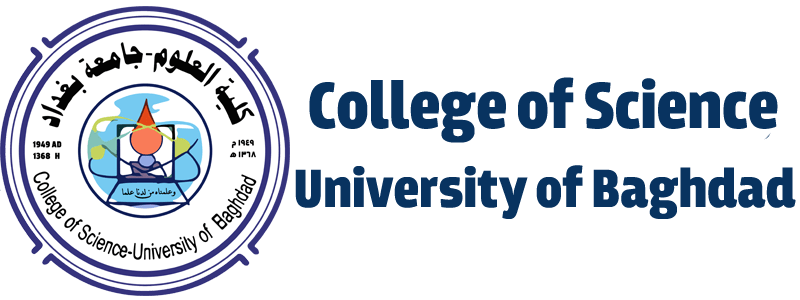The College of Science is subject to the central admission plan, as lists are issued by the Ministry , after which students are distributed among the nine departments in the college according to the average and the student’s desire for the department, and it starts from the Computer Department, then the Department of Life Sciences and Biotechnologies, and then the Department of Chemistry and Physics, astronomy, earth science and remote sensing.
As for the Mathematics Department, admission is centralized through the Ministry . As for the preparation of students, there is a special plan for admission to each department according to the capacity of that department.

After that, the students are distributed to the departments through special lists that are announced in due time, then the objections section begins for a certain period, after which the lists are sent to the departments for the purpose of registering students. Upon completion of these processes, lists of re-nominations of students whose admission to the ministry has been mistaken will begin to be received, as well as transfer requests from higher to lower departments. After that, lists attached to the departments will be sent for the purpose of adding new names.
As for the transfer from a college to a lower college, students are provided with no-objection documents for the purpose of transferring after the students are registered in the departments, and lists of the names of students whose relationship with the college has ended are sent to the departments.
As for the students whose names appeared and did not review the registration, their names are sent on lists to the university for the purpose of taking the necessary action.
General specifications for a graduate of the Faculty of Science :
According to the National Standard Academic Standards (NARS) adopted by the college, the graduate specifications include :
-
Communicate effectively with others, while being proficient in participating in multidisciplinary university work, taking into account social responsibility .
-
Effective use of relevant information technology that enables him to search for the required information and adopt self-learning, taking into account the legal, ethical and professional rules .
-
Developing new concepts and choosing appropriate solutions to solve problems to meet the required needs of society in various fields, with the ability to lead and make decisions .
-
Using scientific facts and theories to interpret and analyze experimental results .
-
Planning and designing the achievement of scientific research using appropriate methods .
